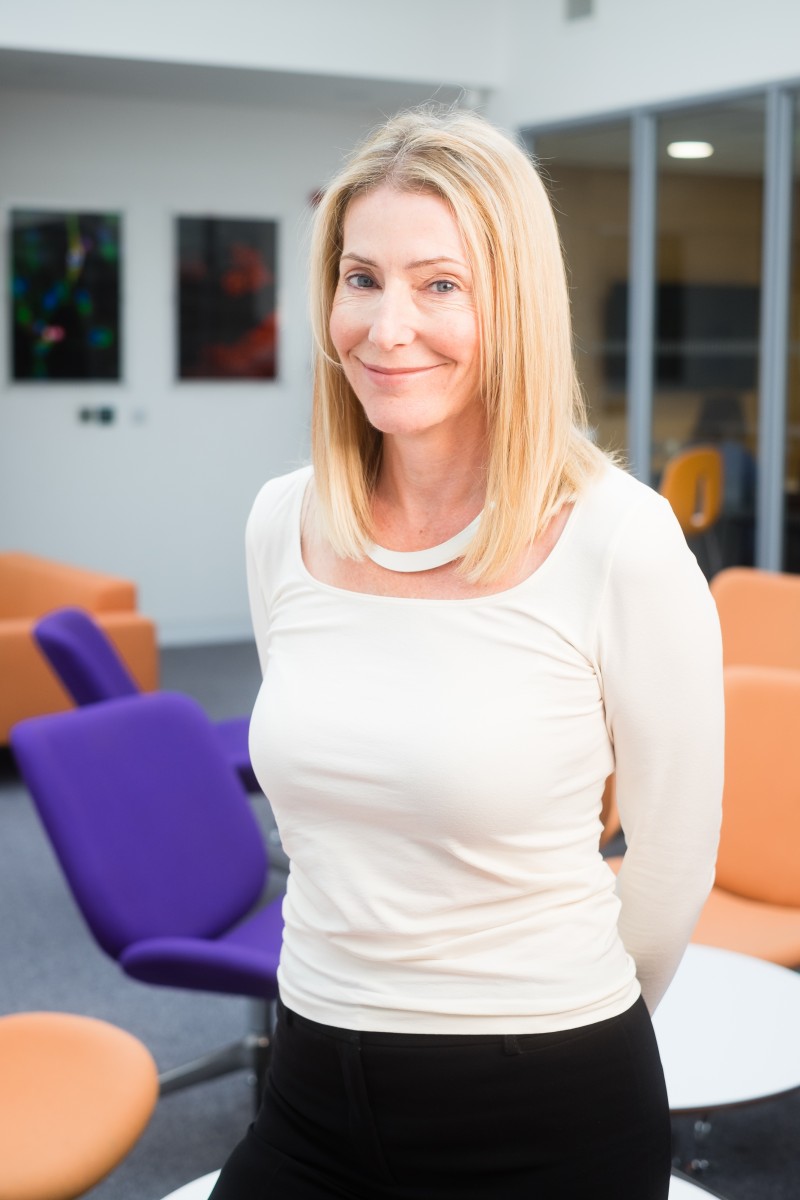Young patients help lead fresh approach to skin conditions
- Skin conditions can have huge psychological effects on young people
- The £240,000 three-year study has been developed from work with a group of young patients

Young people with severe acne, atopic eczema and psoriasis are working with scientists to find out how they can stop these conditions having a major impact on their lives.
About one in five young people in the UK will develop atopic dermatitis (also known as eczema) by the age of 20. It causes itchy, red, dry and cracked skin. Psoriasis, an immune-related condition that causes flaky, scaly and itchy skin patches, affects up to 1.8 million people in the UK, around a quarter first being affected before the age of 18. Up to 20 per cent of young people experience moderate to severe levels of acne, with about two thirds still having acne in early adulthood.
These skin conditions can have huge psychological effects on young people, who can be bullied or teased because of their skin and may feel so self-conscious that it limits their social life, education and career. Skin conditions have been linked to feeling low, unhealthy lifestyles and even self-harm.
But an innovative new piece of research, funded by the National Institute for Health Research () and led by experts from and 糖心Vlog官方, will look at how patients can feel happier in their skin by building up their resilience.
The £240,000 three-year study has been developed from work with a group of young patients who told scientists that they wanted research into the psychological aspects of their skin condition, alongside improved treatments.
One of those involved is 25-year-old Sarah Fletcher, who was also one of the co-applicants for the Research for Patient Benefit programme grant from the NIHR.
Sarah said: “I am so happy that funding has been given to this project. I know myself how much of a dramatic effect living with a skin condition has on a young person’s life and I feel this is a great step in improving the services available, not only for the visible effects but also more importantly the psychological effects. I’m very excited to see the difference this funding can make to young people’s experiences in the future.”
Skin conditions like these can have a negative impact that continues throughout life. We know from previous work with young people that they want to cope better with their skin conditions and the impact they have on their lives and this innovative real world research will help us develop our services to do that.
Principal Investigator for the study, , said: “Skin conditions like these can have a negative impact that continues throughout life. We know from previous work with young people that they want to cope better with their skin conditions and the impact they have on their lives and this innovative real world research will help us develop our services to do that.
“We will gather information about what concerns them and their views on what sort of support they want from dermatology services. That will help us design the service to suit their needs, which we’ll test on young people attending Dr Tim Clayton’s specialist clinic at Salford Royal and then evaluate how it’s worked for them and the best way to take it forward.
“At that stage, psychologists will deliver the service but ultimately we want doctors and specialist nurses trained to work with patients in this way.”
Lead BRISC Researcher added: “Our group of young expert skin patients will continue to work alongside us throughout the project, ensuring that the research we carry out is relevant to the young people using skin services.”
Manchester and Salford Dermatology is a world leader in research into major skin diseases - the team led by runs probably the most comprehensive psoriasis research programme in the world and the University’s , based at Salford Royal, is one of Europe's leading dermatology clinical trial units.
The skin experts based there have a track record in innovative approaches – including the , an initiative which aims to raise awareness of the condition and to bring patients together with professionals working in the field of psoriasis management and research.